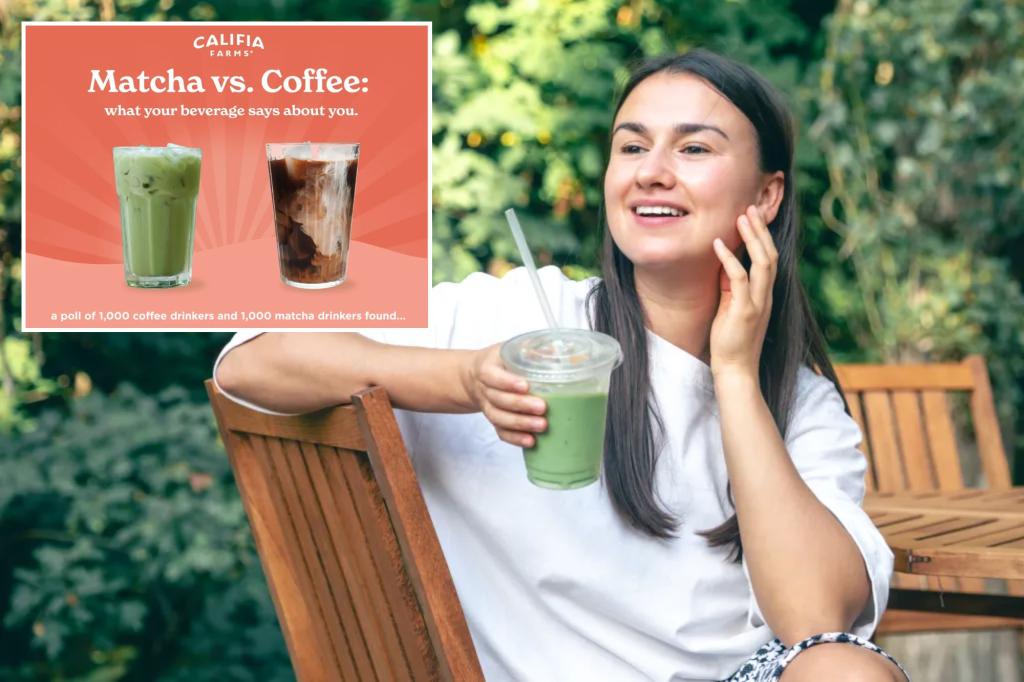A recent study conducted by Califia Farms and OnePoll surveyed 2,000 US adults to determine the differences in personality and lifestyle based on whether they preferred coffee or matcha as their morning beverage. The study found that matcha drinkers were more likely to wake up early, prefer outdoor activities, and describe themselves as adventurous while coffee drinkers tended to sleep in later, enjoy indoor activities, and be introverts. Both groups, however, were found to exercise regularly, with matcha drinkers working out more frequently than coffee drinkers.
In terms of astrology, matcha drinkers were more likely to be fire or water signs, while coffee drinkers were associated with earth and air signs. Interestingly, both groups enjoyed being their own baristas, with a majority of coffee and matcha drinkers preparing their own beverages at home. While coffee drinkers took slightly less time to make their cup of coffee, matcha drinkers spent more time overall getting ready for the day, despite spending more time preparing their morning beverage.
The study also revealed that both coffee and matcha drinkers value staying on top of new trends, with matcha drinkers being more in tune with social media trends. Matcha drinkers were also found to be bigger bookworms, reading about six books per year for fun compared to coffee drinkers who read about four. Both groups enjoyed spending time with friends and family, playing video games, and indulging in massive breakfasts on weekends. Additionally, both groups spent between $5-$10 per week on their preferred beverage and listed similar favorite workouts, such as cardio, weight training, and yoga.
Overall, the study provided insights into the differences and similarities between coffee and matcha drinkers in terms of their lifestyle choices, personality traits, and habits. The findings emphasized that even small choices, such as what beverage you prefer in the morning, can reflect aspects of your daily routine, interests, and approach to life. The results also highlighted the importance of understanding how personal preferences can influence various aspects of one’s lifestyle and behavior.















